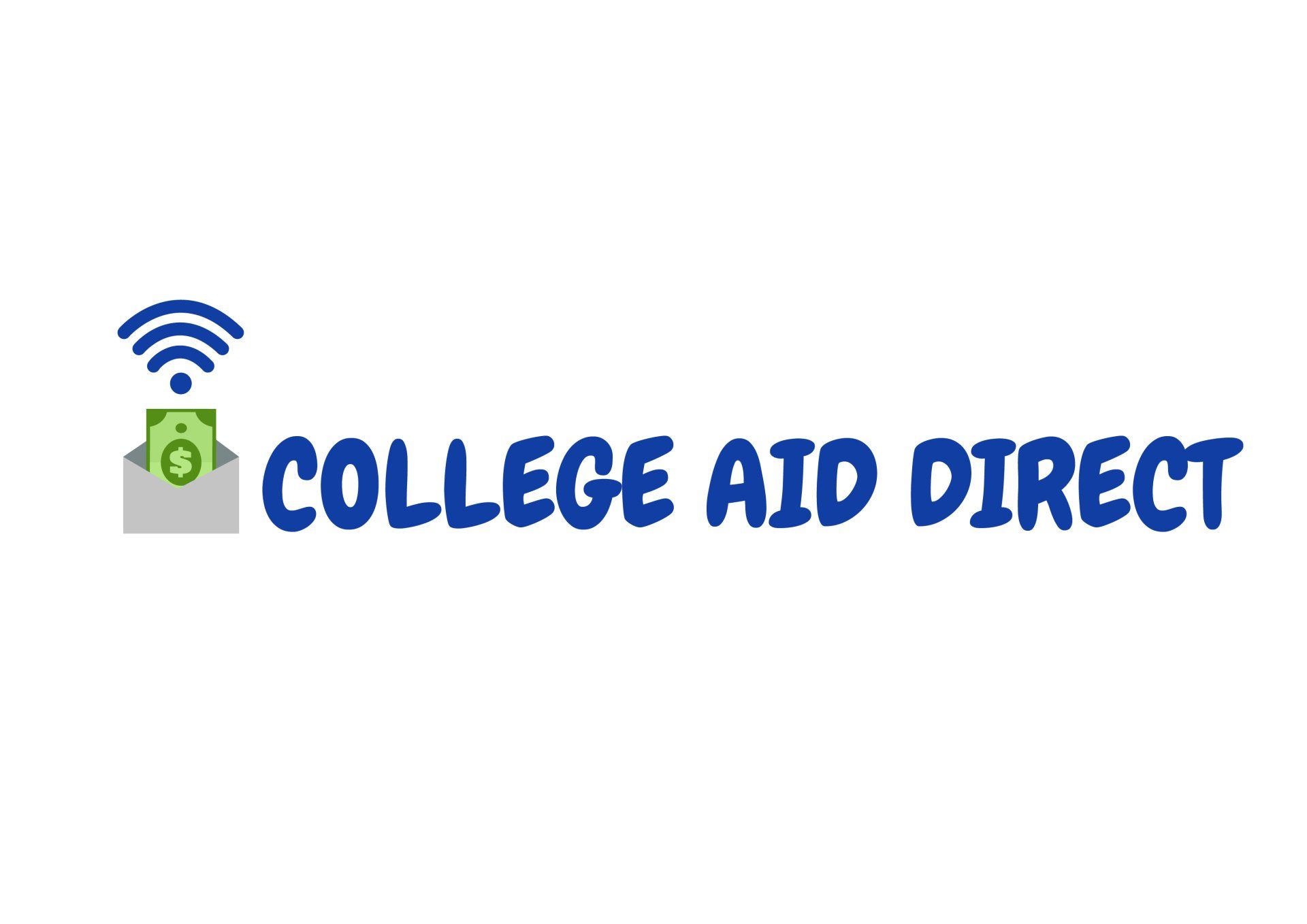Navigating the Private Loan Process: A Step-by-Step Guide to Paying for College
Help is on the way.

Navigating the Private Loan Process: A Step-by-Step Guide to Paying for College
College is a crucial step in anyone's educational journey, but it can also be a daunting financial burden. With tuition costs constantly on the rise, many students find themselves struggling to pay for their education. While federal loans are a popular option, they may not cover the full cost of tuition, leaving students to seek out private loans. However, navigating the private loan process can be a confusing and overwhelming task. That's where this step-by-step guide comes in. Whether you're a student or a parent, we've got you covered with everything you need to know to make informed decisions about private loans. From understanding the different types of loans available to finding the right lender, we'll guide you through the process to ensure that you're able to finance your education without breaking the bank. So, let's dive in and make paying for college a little less stressful!
Understanding the Difference between Federal and Private Loans
When it comes to paying for college, there are two main types of loans: federal and private. Federal loans are issued by the government and are available to undergraduate and graduate students, while private loans are issued by banks, credit unions and other financial institutions. So, what's the difference between the two?
The biggest difference is that federal loans are generally more flexible and offer better repayment options. They also have lower interest rates and don't require a credit check. Private loans, on the other hand, often have higher interest rates and may require a credit check. They also offer fewer repayment options and are generally less flexible.
That being said, private loans can be a good option if you're not able to get enough funding through federal loans or if you need to bridge the gap between the cost of tuition and what federal loans will cover.
Why Choose Private Loans?
Private loans can be a good option for several reasons. First, they can provide additional funding when federal loans aren't enough to cover the full cost of tuition. They can also be used to cover other expenses, such as textbooks, room and board, and transportation.
Another benefit of private loans is that they often have more flexible repayment options than federal loans. For example, some private lenders may allow you to make interest-only payments while you're in school, which can help lower your monthly payments. Private loans also often have lower fees than federal loans.
For students and parents with very good credit, the interest rate may be lower than the federal loan program, or the same but without an origination fee.
Some parents like to cosign a private loan to build their students credit or to have their student be responsible for the debt.
However, it's important to keep in mind that private loans may come with higher interest rates and are generally less flexible than federal loans. Federal loans have many federal benefits that private lenders cannot offer. They also may require a credit check, which can be a barrier for some students.
Private Loan Eligibility Requirements
Before you apply for a private loan, it's important to understand the eligibility requirements. These can vary depending on the lender, but some common requirements include:
- Being a U.S. citizen or permanent resident
- Enrolled in an eligible degree program at an accredited institution
- Meeting the lender's credit and income requirements
- Having a co-signer (if you don't meet the credit or income requirements)
It's important to note that private lenders are often more strict than federal lenders when it comes to credit and income requirements. This means that you may need a co-signer or a strong credit history to qualify for a private loan. Adding a credit worthy co-signer may also get you a better interest rate since you are not as “risky” to the lender.
Finding the Right Private Loan Lender
Once you've determined that a private loan is the right choice for you, it's time to start shopping around for a lender. There are many private lenders out there, so it's important to do your research and find one that meets your needs.
When looking for a private lender, consider factors such as:
- Interest rates and fees
- Repayment options and terms
- Customer service and support
- Eligibility requirements and application process
Comparing Private Loan Options
Once you've narrowed down your list of potential lenders, it's time to start comparing the loan options they offer. Some things to consider include:
- Interest rates and fees
- Repayment options and terms
- Loan limits
- Co-signer release options (if applicable)
It's important to carefully read the terms and conditions of each loan option to ensure that you understand the repayment terms and any fees or penalties that may be associated with the loan.
Applying for a Private Loan
Once you've found the right lender and loan option, it's time to apply for the loan. The application process will vary depending on the lender, but some common steps include:
- Filling out an online application
- Providing documentation such as proof of income and enrollment
- Having a credit check (if required)
- Adding a co-signer (if required)
It's important to complete the application accurately and provide all required documentation to avoid any delays in the loan approval process.
Receiving and Accepting Your Private Loan Offer
Once you've been approved for a private loan, you'll receive a loan offer that outlines the terms of the loan. It's important to carefully review this offer and make sure that you understand the repayment terms and any fees or penalties associated with the loan.
If you decide to accept the loan offer, you'll need to sign a promissory note, which is a legally binding agreement to repay the loan. It's important to read this document carefully and make sure that you understand all the terms before signing.
Private loans are certified by the school. The school certifies the amount you need for your education, so you do not over borrow.
All funds are disbursed to the school and any living expenses are refunded to the student from the school.
Repaying Your Private Student Loans
Once you've accepted a private loan, it's important to stay on top of your payments to avoid defaulting on the loan. Private loans often have fewer repayment options than federal loans, so it's important to make sure that you understand the terms of your loan and have a plan in place to make your payments on time.
Some tips for repaying your private student loans include:
- Setting up automatic payments to ensure that you never miss a payment
- Making extra payments when possible to pay down the loan faster
- Communicating with your lender if you're having trouble making payments
Private Loan Forgiveness and Discharge Options
Unlike federal loans, private loans do not offer forgiveness or discharge options. This means that if you're struggling to make your payments, you may be at risk of defaulting on your loan.
However, some private lenders do offer hardship programs that can provide temporary relief if you're experiencing financial hardship. It's important to reach out to your lender as soon as possible if you're having trouble making your payments.
Conclusion and Final Thoughts
Navigating the private loan process can be a daunting task, but with the right information and guidance, it's possible to make informed decisions and finance your education without breaking the bank. By understanding the difference between federal and private loans, finding the right lender, and carefully reviewing the terms of your loan, you can make sure that you're making the best choice for your financial situation.
Remember to stay on top of your payments and communicate with your lender if you're experiencing financial hardship. With a little bit of planning and diligence, you can successfully navigate the private loan process and achieve your educational goals.









